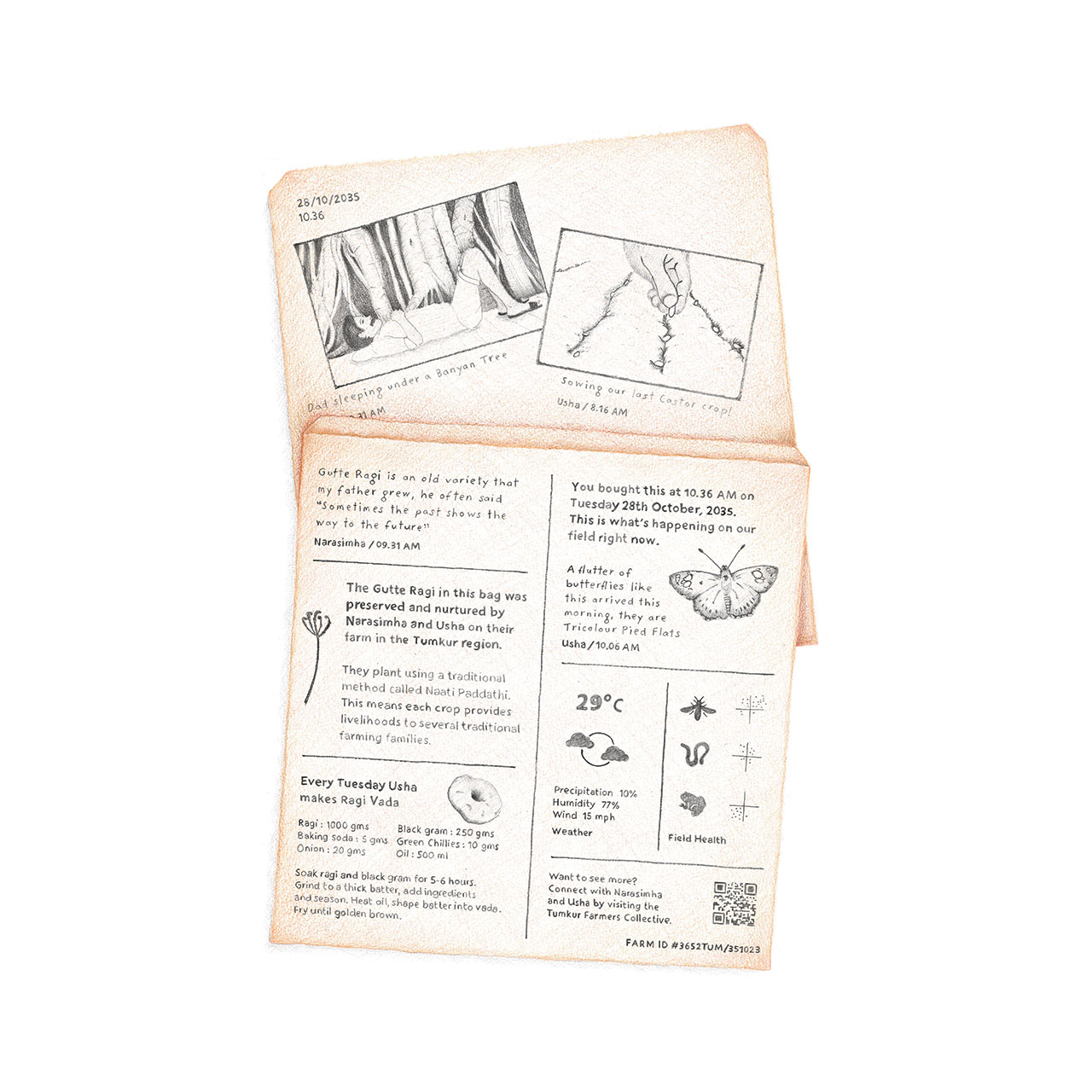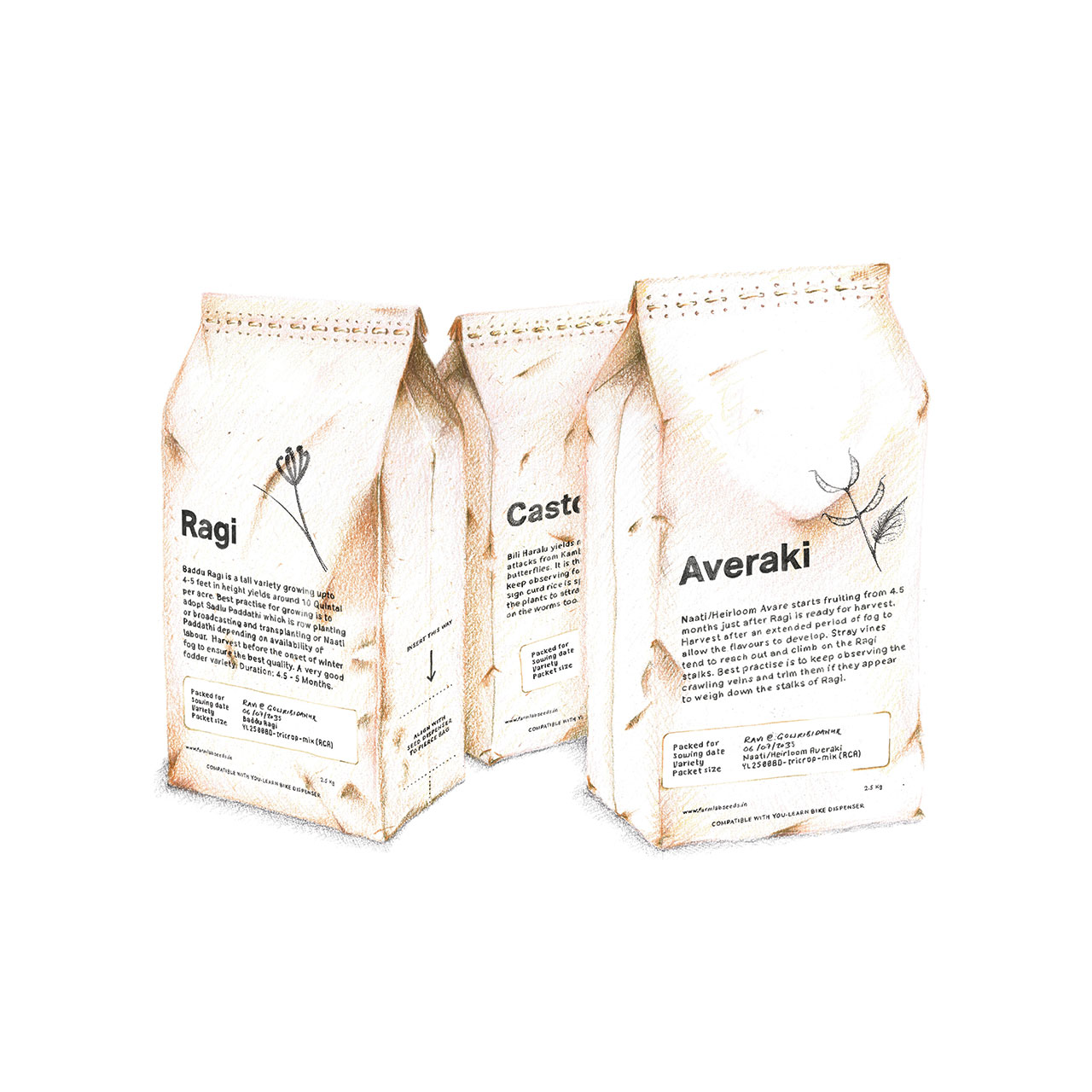Artefact 02
Soliga Voice Assistants
The emergence of open Voice AI means that people are free to create their own voice assistants, naming and interacting with them however they like. In time, these AI devices become less like assistants and more like pets; cared for, taught, and nurtured over many years. Their forms are crafted by local artisans and individualised to their users. With their early commitment to teach coding in tribal schools, the Soligas are now at the forefront of new experiments to decentralise technology in Karnataka. The AI device has been taught that Soliga voices are an indivisible part of the forest’s soundscape; that they are as much part of the forest’s sound as the woodpecker’s tap and the wolf’s howl. Languages and sounds are encoded in ways that respect the Soliga culture and lifestyle. Bird calls, the swish of the wind through the leaves, and the humming of bees are all part of the vocabulary of an AI trained for and by Soligas. A voice assistant for the forest.
The group of four Soligas has paused for rest under the Dodda Sampige Mara. A young man and woman are inspecting the markings on a hollowed-out gourd while the other two are resting their backs against the broad tree, the spring sunshine playing on their closed eyes. “No, that’s not how you do it,” says the woman, “give it to me”. She takes the device from the man and holds it confidently, adjusting the dial at its neck while listening attentively to the quiet clicks of the device. “You need to focus the distance first like this, and then…” she stops turning the dial and points the device in the direction of a far-off whistling sound. *Black Drongo food call signifying presence of bees* says the device in a sing-song Soliga voice. “Easy as that – if you’d learnt from Achugegowda, you wouldn’t be needing this anyway” she scolds in a friendly way. “Yes, but you made it – of course it’s easy for you to use, Deepa” the younger man flashes. “Pah, let’s go. We need to bring home that honey, come on you two”.







